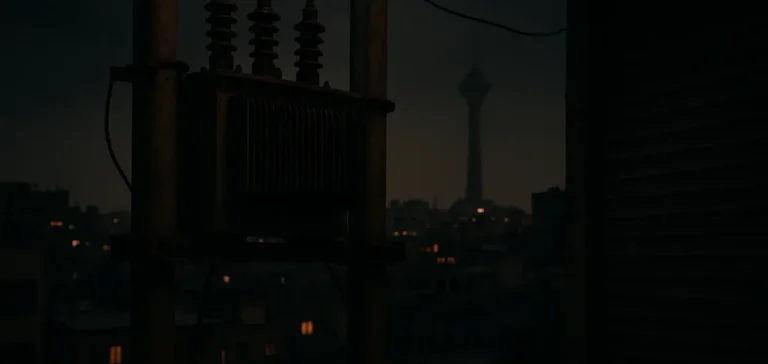In several districts of Tehran, power cuts are disrupting daily commercial activity, particularly for small businesses dependent on refrigeration, air conditioning or online services. These interruptions, often unplanned, last at least two hours and occur several times a week, according to testimonies collected on site.
Fuel shortage and strained grid
Authorities justify these outages by a structural inability to meet sharply rising demand, particularly during periods of extreme heat. The power grid, heavily burdened by air conditioning systems, recorded a peak consumption of 73,500 megawatts, according to state media, close to the historical record reached in 2024.
Power plants are running under capacity due to a recurring shortage of fuel, forcing the government to ration supply. To avoid a collapse of the grid, blackouts are imposed across residential areas, industrial centres and urban businesses. This policy directly affects food production chains, refrigeration equipment and digital services.
Economic consequences for shopkeepers
In Tehran’s commercial districts, restaurateurs, bakers and butchers report financial losses linked to the rapid deterioration of perishable goods. Without generators, many shops cannot ensure food preservation or maintain acceptable indoor temperatures for customers. The consequences translate into declining foot traffic and disrupted sales, including via online platforms, which remain inaccessible without connectivity.
Persistent hyperinflation and the rapid depreciation of the Iranian rial further worsen the situation. Shopkeepers interviewed said they were forced to cut staff or reduce opening hours to offset losses. The price of meat and basic goods has risen significantly each week, making it increasingly difficult to replace spoiled stock.
Industrial impact and government measures
In Tehran’s industrial outskirts, several economic zones have been placed on technical shutdown two days a week, according to local media. Authorities have also ordered the temporary closure of public administrations and banks in order to limit power consumption and save water reserves, which are also affected by prolonged drought.
Summer temperatures have exceeded 40°C in the capital and locally reached 50°C in the south of the country. This situation intensifies the pressure on an already weakened energy system, in the absence of structural investments or sufficient diversification of the national power mix.






















